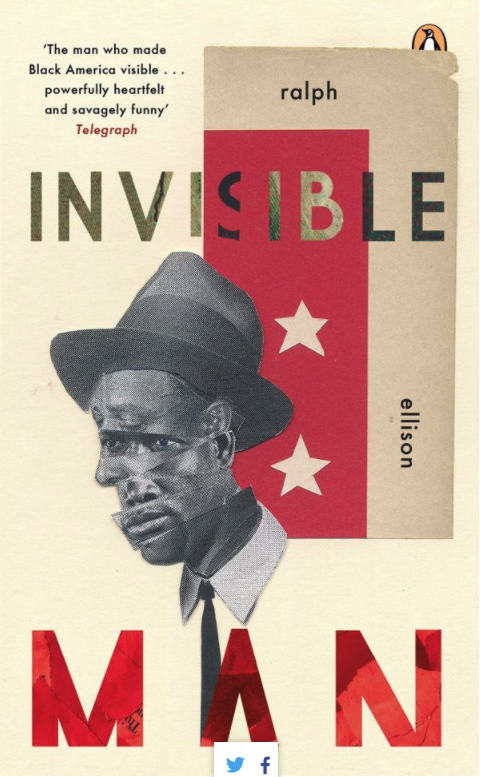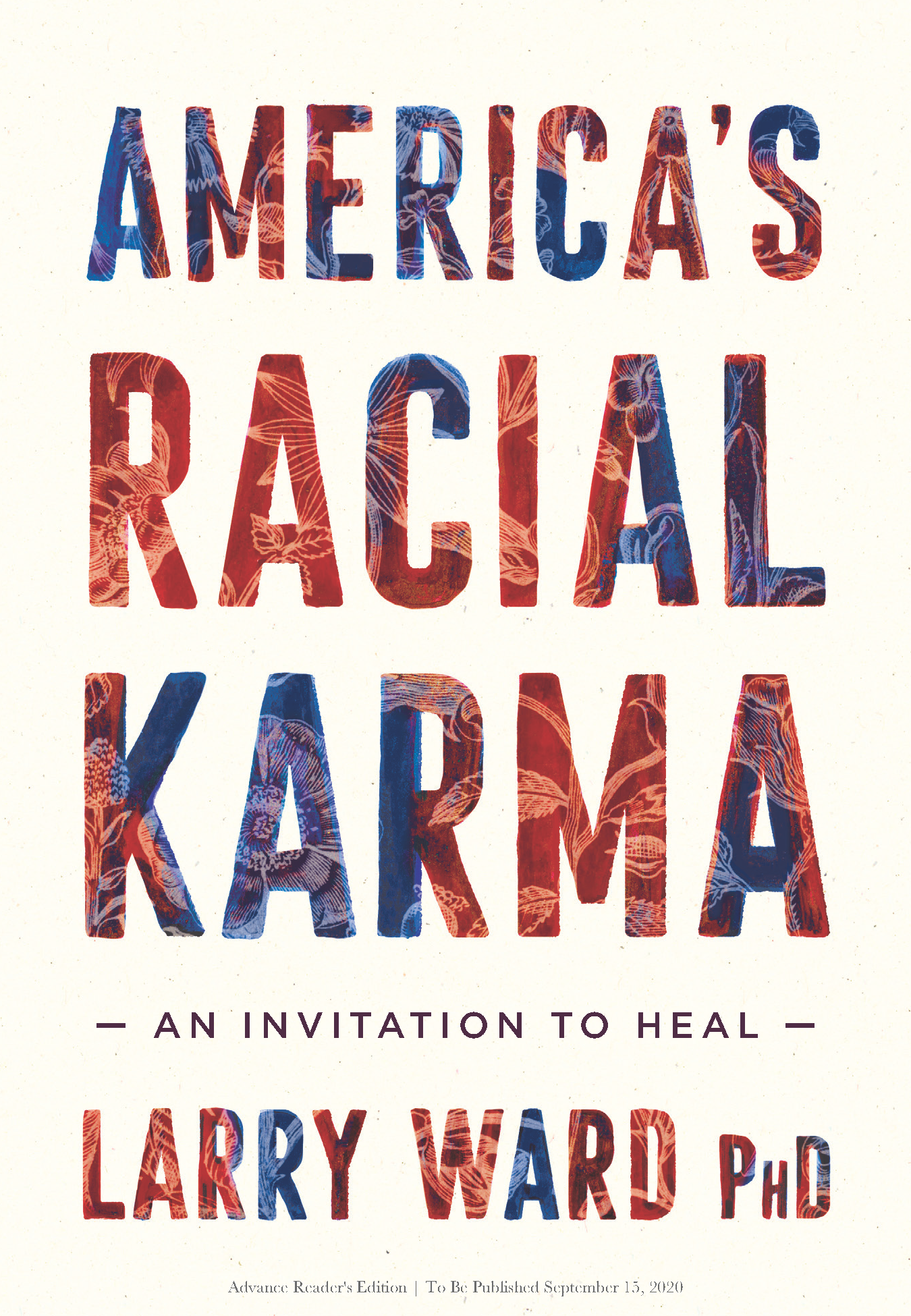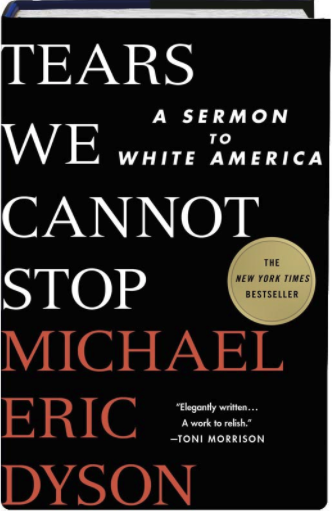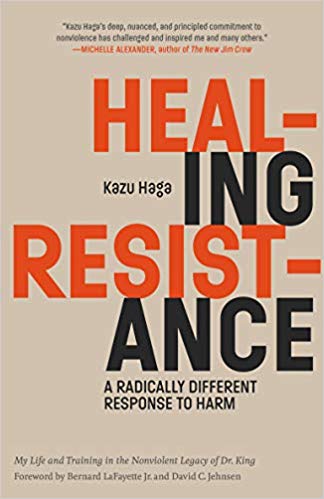December 2, 2019
Frederick Douglass Heritage
"Abolition of slavery had been the deepest desire and the great labor of my life"
Frederick Douglass
Recommended Reading

The Devil’s Chessboard: Allen Dulles, the CIA, and the Rise of America’s Secret Government
– David Talbot

Invisible Man
– Ralph Ellison
In this seminal 1952 novel, an unnamed narrator recounts his epic life-story, from coming-of-age in a rural Southern town, to the violent streets of Harlem.

The Port Huron Statement
– Tom Hayden

Critical Race Theory
– Richard Delgado
A note of sanity against biased propaganda circulating through the corporate echo chamber. The academic field of critical race theory challenges traditional ways of looking at race and racism. The field’s theoreticians argue that supposedly neutral concepts and institutions, such as meritocracy and legal assumptions, mask systemic inequality and institutionalized racism. This book is one of the discipline’s classics. Some conservatives view critical race theory as “dangerous” because some of its proponents view the Constitution and the fabric of the US democracy as imbued with racism.
America’s Racial Karma: An Invitation to Heal
– Larry Ward
Immediate, illuminating, and hopeful: this is the key set of talks given by leading Zen Buddhist teacher Larry Ward, PhD, on breaking America’s cycle of racial trauma.
America’s Racial Karma: An Invitation to Heal
– Larry Ward
Immediate, illuminating, and hopeful: this is the key set of talks given by leading Zen Buddhist teacher Larry Ward on breaking America’s cycle of racial trauma.
Tears We Cannot Stop
– Michael Eric Dyson
Published: 2017
Short, emotional, literary, powerful―Tears We Cannot Stop is the book that all in the US who care about the current and long-burning crisis in race relations should read.
As the country grapples with racist division at a level not seen since the 1960s, one person’s voice soars with conviction and compassion. In his 2016 New York Times op-ed piece “Death in Black and White,” Michael Eric Dyson moved a nation. Now he continues to speak out in Tears We Cannot Stop―-a provocative and deeply personal call for change. Dyson argues that if we are to make real racial progress we must face difficult truths, including being honest about how black grievance has been ignored, dismissed, or discounted.
As the country grapples with racist division at a level not seen since the 1960s, one person’s voice soars with conviction and compassion. In his 2016 New York Times op-ed piece “Death in Black and White,” Michael Eric Dyson moved a nation. Now he continues to speak out in Tears We Cannot Stop―-a provocative and deeply personal call for change. Dyson argues that if we are to make real racial progress we must face difficult truths, including being honest about how black grievance has been ignored, dismissed, or discounted.
Healing Resistance: A Radically Different Response to Harm
– Kazu Haga
Published: January 14, 2020
In Kingian Nonviolence, a philosophy developed out of the teachings of Martin Luther King Jr., there is a distinction made between nonviolence spelled with a hyphen, and nonviolence spelled without a hyphen. “Non-violence” is essentially two words: “without” “violence.” When spelled this way, it only describes the absence of violence. As long as I am “not being violent,” I am practicing non-violence. And that is the biggest misunderstanding of nonviolence that exists.

Defending My Enemy: American Nazis, the Skokie Case, and the Risks of Freedom
– Aryeh Neier
Are the victims of Nazism, Zionism, Trumpism, and similar racist ideologies entitled to freedom of expression in a democracy?
In 1977, Frank Collin, leader of the National Socialist Party of America, sought to hold a Nazi march in Skokie, Illinois. In this Chicago suburb, over half the population was Jewish, and many were victims of the Holocaust in Europe.
The proposed march sparked a host of legal challenges. Skokie asked for an injunction to prevent the Nazis from marching, and new ordinances were adopted to block the march. Collin applied to hold a march on a later date, but was denied.
An ACLU lawsuit was brought in federal court seeking to invalidate the ordinances put in place to prevent the Nazi march. In the end, the Nazis did not march in Skokie, but in 1978 the Illinois Supreme Court ruled in defense of free speech rights for all.
The ACLU was severely weakened by a backlash from seemingly liberal groups who conveniently ignored their liberal principles when the targets of censorship were their own perceived enemies.
Writing from his perspective as national executive director of the ACLU, Aryeh Neier tells the story, and ponders the consequences, of Skokie and other cases in which the enemies of freedom claim for themselves rights that they would (often with the best of intentions) deny to other enemies of freedom.
In 1977, Frank Collin, leader of the National Socialist Party of America, sought to hold a Nazi march in Skokie, Illinois. In this Chicago suburb, over half the population was Jewish, and many were victims of the Holocaust in Europe.
The proposed march sparked a host of legal challenges. Skokie asked for an injunction to prevent the Nazis from marching, and new ordinances were adopted to block the march. Collin applied to hold a march on a later date, but was denied.
An ACLU lawsuit was brought in federal court seeking to invalidate the ordinances put in place to prevent the Nazi march. In the end, the Nazis did not march in Skokie, but in 1978 the Illinois Supreme Court ruled in defense of free speech rights for all.
The ACLU was severely weakened by a backlash from seemingly liberal groups who conveniently ignored their liberal principles when the targets of censorship were their own perceived enemies.
Writing from his perspective as national executive director of the ACLU, Aryeh Neier tells the story, and ponders the consequences, of Skokie and other cases in which the enemies of freedom claim for themselves rights that they would (often with the best of intentions) deny to other enemies of freedom.

Remembering Jim Crow
– William H. Chafe (Editor), Raymond Gavins (Editor), Robert Korstad (Editor), With Paul Ortíz
Published: 2008
Related Content
- Link: Prison Radio
- Link: Radio Open Source
- Music: Strange Fruit
- Link: Republic of Lakota
- Books: Books on Particularism (Racism)"
- People: Martin Luther King, Jr.
- Link: Civil Disobedience






